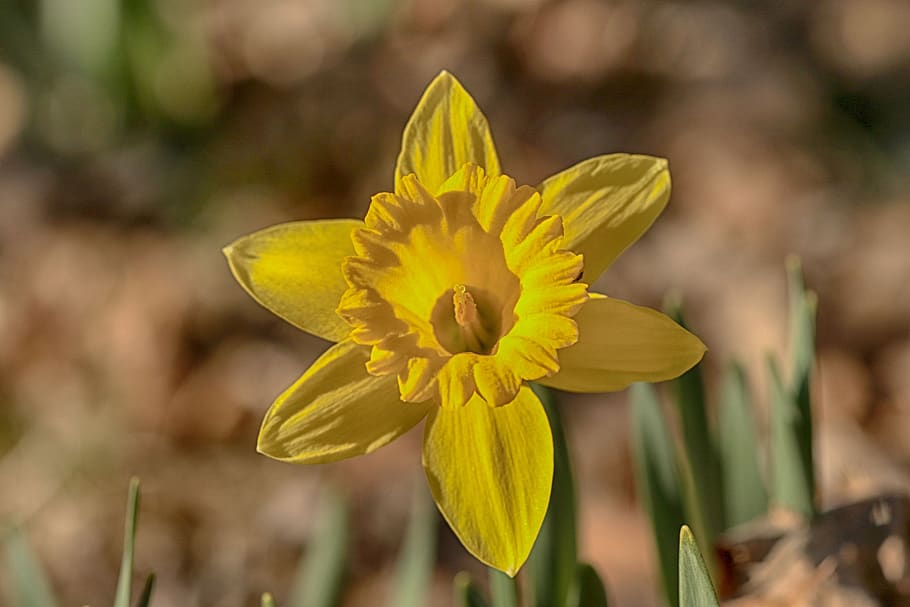בסיעתא דשמיא | ||
☰︎ Menu | 🔍︎
Search // Main //
🖖︎ Prayers & Praxes // 🌞︎ Prayers for the weekday, Shabbat, and season // Prayers for Seasons, Shmitah, and Solar Cycles // the Dry Season (Spring & Summer) 
The first day of Pesach, according to the Sages, is the day the world is judged for grain and dew. Because of this, many customs have developed tying it into the pomp of the High Holy Days. One custom preserved in many medieval maḥzorim is to extend the final blessing of the the Musaf “Tal” (Dew) service, including a Hayom piyyut, a piyyut form otherwise almost exclusively associated with the Yamim Noraim. This extended Sim Shalom berakha including piyyutim is presented here, largely based on the form compiled by Ernst Daniel Goldschmidt (zatsal). . . . כַּוָּנָה וּבְרָכָה עַל רְאִיַּת נְחִיל רֶמֶשׂ גָּדוֹל עַד־מְאוֹד | Kavvanah and Blessing for Observing a Massive Swarm of Creeping Things, by Isaac Gantwerk MayerThere are blessings for beautiful vistas, and there are blessings for powerful weather. But is there a blessing for giant swarms of bugs? Certainly! There just wasn’t a kavvanah for it… yet. Inspired by the appearance of Brood X in May 2021, this is a meditation and blessing for the unique experience of seeing an enormous number of non-dangerous insects. Cicadas are NOT a plague — they don’t eat crops or spread disease, but they do help revitalize the soil and keep forest ecosystems healthy. As a natural part of the universal order, we should work to see the divinity and goodness in them, even if we might normally think of them as gross. . . . Flash floods are dangerous in every season, but are rare in the dry season, after most rain and snow are thought to have fallen. Changes in the global climate due to global warming caused by anthropogenic activities such as the burning of fossil fuels and the conversion of land for raising animals for their meat is a significant contributor to extreme weather experienced around the world. The Masorti Movement of Israel’s prayer for flood victims was first published on their website, here. . . . In the year 5775 (2015), the vernal equinox coincided with Rosh Ḥodesh Nissan, the Hebrew month known also as Aviv (Spring), as well as the onset of Shabbat, and a total solar eclipse. Here is a short meditation to receive the shabbat in embrace of the new season. . . . בִּרְכַּת הָאִילָנוֹת | The Blessing of Flowering Fruit Trees in the Spring Season in the Northern and Southern HemispheresWhen the spring (Aviv) season arrives, a blessing is traditionally said when one is in view of at least two flowering fruit trees. In the northern hemisphere, it can be said anytime through the end of the month of Nissan (though it can still be said in Iyar). For those who live in the southern hemisphere, the blessing can be said during the month of Tishrei. . . . Geshem and tal: rain and dew. We pray for each in its season, geshem all winter and tal as summer approaches…not everywhere, necessarily, but in the land of Israel where our prayers have their roots. In a desert climate, water is clearly a gift from God. It’s easy for us to forget that, here with all of this rain and snow. But our liturgy reminds us. Through the winter months, during our daily amidah we’ve prayed “mashiv ha-ruach u-morid ha-gashem” — You cause the winds to blow and the rains to fall! We only pray for rain during the rainy season, because it is frustrating both to us and to God when we pray for impossibilities. . . . A prayer anticipating the spring as a metaphor for liberation, mental wellness, and spiritual rebirth. . . . “Tal” by Lise Tarlau can be found in Rabbi Max Grunwald’s anthology of Jewish women’s prayer, Beruria: Gebet- und Andachtsbuch für jüdische Frauen und Mädchen (1907), pages 315-317. . . . “Spring (Holy and everlasting one!)” by Penina Moïse, published in 1842, appears under the subject “Immortality of the Soul” as Hymn 50 in Hymns Written for the Service of the Hebrew Congregation Beth Elohim, South Carolina (Penina Moïse et al., Ḳ.Ḳ. Beth Elohim, 1842), p. 53. . . .
Stable Link:
https://opensiddur.org/index.php?cat=188 Associated Image:
 Daffodil (credit: n/a, license: CC0)(This image is set to automatically show as the "featured image" in category pages and in shared links on social media.) Daffodil (credit: n/a, license: CC0)(This image is set to automatically show as the "featured image" in category pages and in shared links on social media.)
Terms of Use:
Be a mentsch (a conscientious, considerate person) and adhere to the following guidelines:
Additional Notes:
Support this work:
The Open Siddur Project is a volunteer-driven, non-profit, non-denominational, non-prescriptive, gratis & libre Open Access archive of contemplative praxes, liturgical readings, and Jewish prayer literature (historic and contemporary, familiar and obscure) composed in every era, region, and language Jews have ever prayed. Our goal is to provide a platform for sharing open-source resources, tools, and content for individuals and communities crafting their own prayerbook (siddur). Through this we hope to empower personal autonomy, preserve customs, and foster creativity in religious culture. If you like what you've found here, please help keep our project alive and online with your financial contribution.
ויהי נעם אדני אלהינו עלינו ומעשה ידינו כוננה עלינו ומעשה ידינו כוננהו "May the pleasantness of אדֹני our elo’ah be upon us; may our handiwork be established for us — our handiwork, may it be established." –Psalms 90:17
| ||
| Sign up for a summary of new resources shared by contributors each week
  |